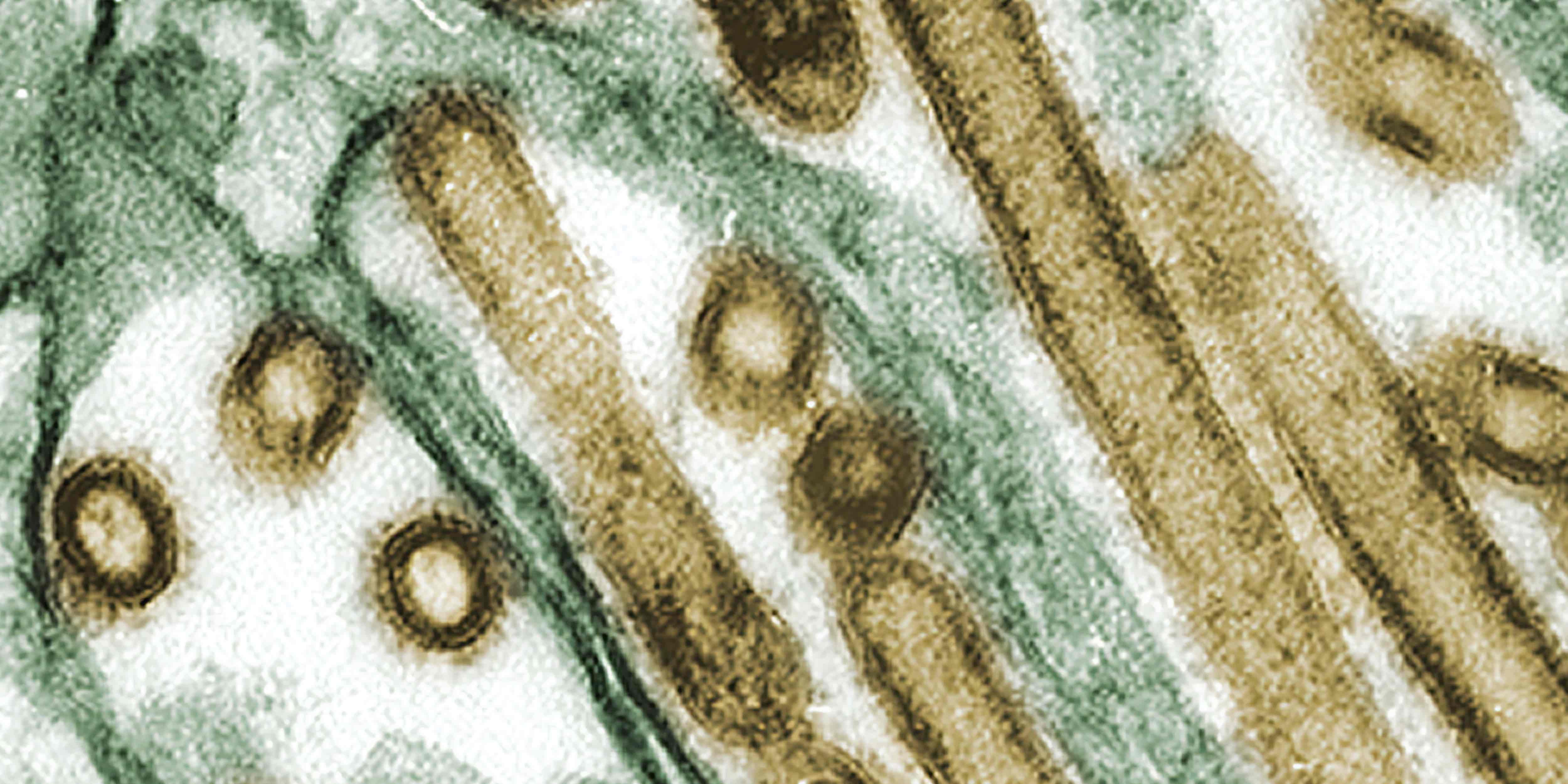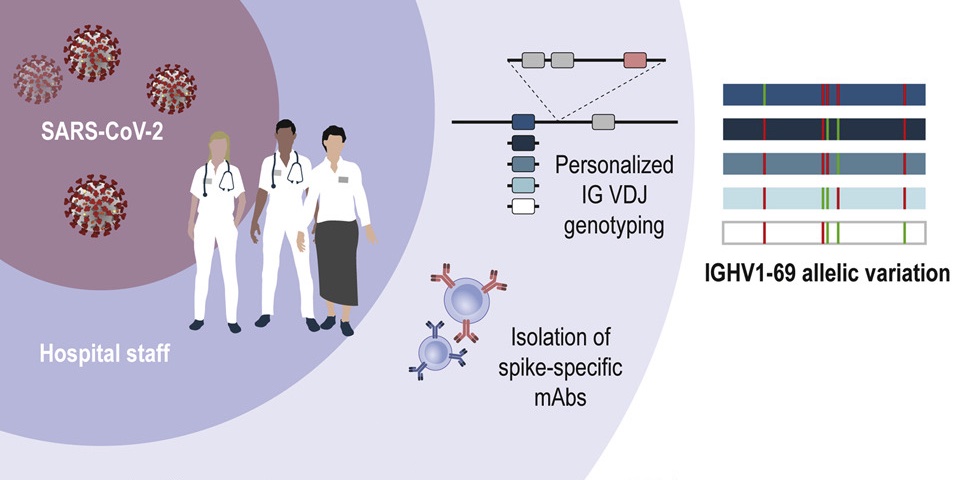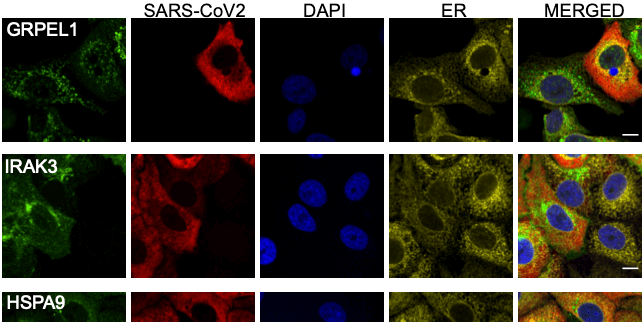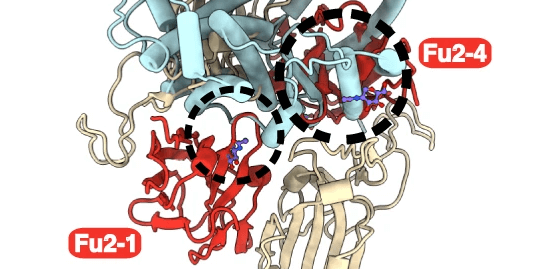The pandemic has paved the way for data sharing
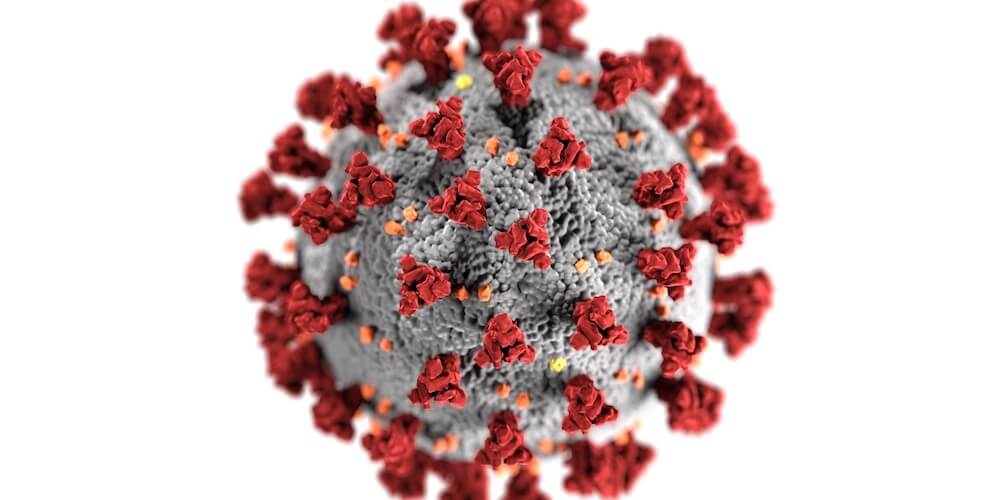
The COVID-19 pandemic has had a major impact on society. It has caused changes in many sectors, including research, where it has changed the way that we collaborate and share resources, including data. From the onset of the pandemic, the research community began to share resources and collaborate at unprecedented levels, because it was widely recognised that this would be the key to maximising the rate of COVID-19 research. Collaboration and data sharing have been crucial for increasing our knowledge about e.g. SARS-CoV-2 pathology and vaccines. In addition, the rapid development of vaccines has been key in mitigating the effects on society. The pandemic has undoubtedly paved the way for increased sharing of data, code, software, and other outputs outside of a health emergency.
The Swedish research community quickly became involved in research and research collaborations during the pandemic. This was made possible by the rapid response from the researchers themselves, as well as funders, government, and health agencies. There has therefore been significant output (e.g. publications, preprints, datasets) from the Swedish research community throughout the pandemic. This has constituted a major contribution to global knowledge about COVID-19, e.g. in how to control outbreaks, why responses to the virus and vaccinations differ between individuals, and the pathogenesis of SARS-CoV-2 strains.
The Nobel Prize in Medicine 2023 was awarded to two Nobel Laureates (Drs Karikó and Weissmann, both working in the USA). Their article in Immunity (Karikó et al., 2005) deepened our understanding of how mRNA interacts with the human immune system. This information was critical in the development of mRNA vaccines against SARS-CoV-2 during the COVID-19 pandemic. In future, the same mRNA technique could be used against other potential pandemic threats, like influenza.
It was, in part, the unprecedented levels of sharing and collaboration that enabled others to make use of this research to quickly develop SARS-CoV-2 vaccines during the pandemic. This means that it forms a crucial part of pandemic preparedness efforts, alongside things such as the development of novel vaccines. It is crucial that we continue to raise the importance of sharing techniques, tools, and data in order to ensure that we are able to mount an even quicker response to the next pandemic. Many efforts are now focused on this, including the Pandemic Laboratory Preparedness Program, of which the Swedish Pathogens Portal is a central part.
Cite this editorial
Öjefors Stark, K. (2023). Editorial- The pandemic has paved the way for data sharing. SciLifeLab. Online resource. DOI: 10.17044/scilifelab.24459832.
